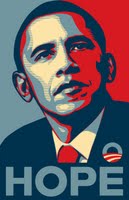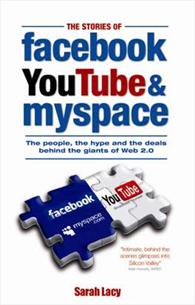The Top 10 Internet Moments of the Decade

The Top 10 Internet Moments of the Decade
(Source: The Age)
What are the most influential internet moments of the decade?
The Webby Awards are happening again and they’re reviewing the noughties decade with their top 10 of internet moments.
Here’s the list:
- Craigslist online classified site expands outside San Francisco (2000)
- The launch of Google AdWords (2000)
- The launch of online encyclopedia Wikipedia (2001)
- The shutdown of file-sharing site Napster (2001)
- Google's initial public offering (2004)
- The online video revolution led by YouTube (2006)
- Facebook opens to non-college students and Twitter launches (2006)
- Apple's iPhone debuts (2007)
- The use of the internet in the US presidential campaign (2008)
- The use of Twitter during the Iranian election protests (2009)
What are you thoughts? What would you add or delete?
My initial response was, why the demise of Napster?
I would have thought that Napster was the start of something?
It was the first peer-to-peer software program that put a big dent in the music industry. It also was the forerunner to other P2P software that has attacked other industries, for instance Skype, BitTorrent…
For more check out the Book Rapper issue Leaderful and the rise of the Decentralized organization – we discuss Napster in that Book Rapper issue.
The other one that I would add to the list was April 28, 2003.
Any guess as to what happened then?
It was an Apple moment…
It was the opening of the Apple iTunes store and the music industry was never the same again. Napster probably cracked the golden egg and Apple seized the opportunity to lay their own golden egg.
For more check out The Great Business Gestalt and the rise of Web 2.0 – in this Book Rapper issue we give a case study of how Apple ‘saved’ the music industry. Or at least, created Music Industry 2.0.
Labels: Apple iPhone Apps, Facebook, Google, iTunes, Napster, Twitter, webby awards


